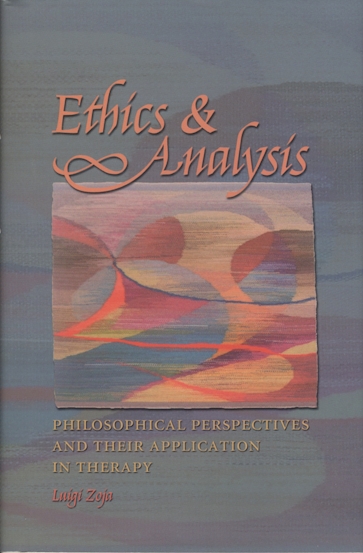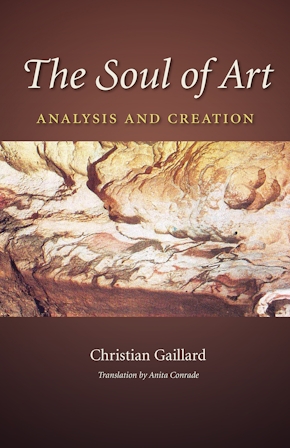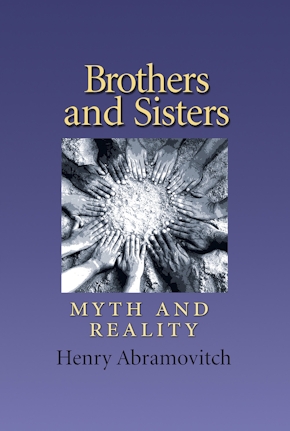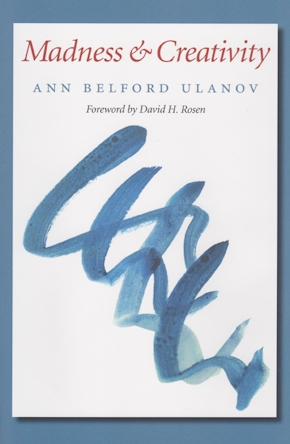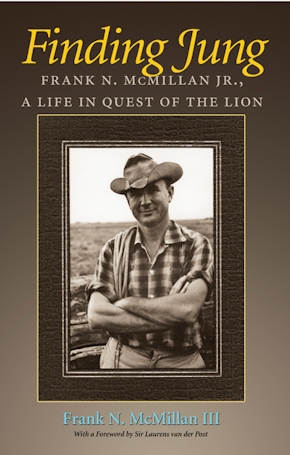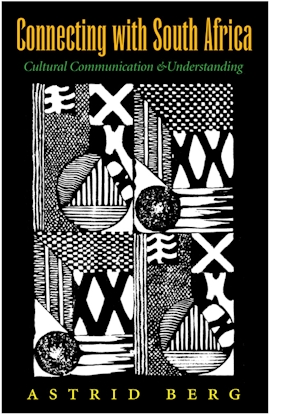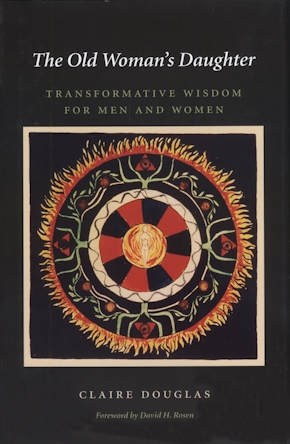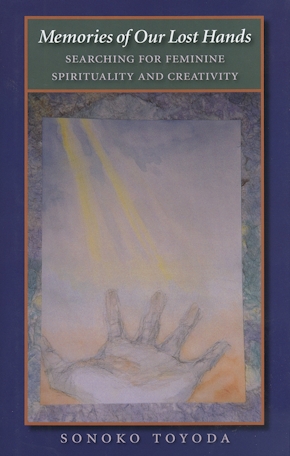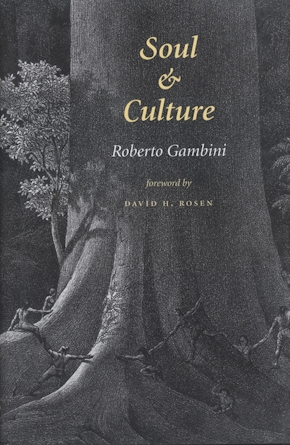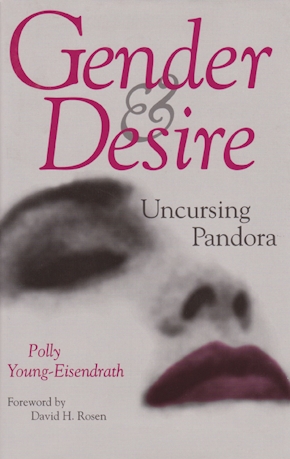Ethics and Analysis
Philosophical Perspectives and Their Application in Therapy
978-1-58544-578-3 Cloth
5.5 x 8.5 x 0 in
152 pp.
Pub Date: 03/23/2007
Available
After considering the nature of ethics, Zoja turns to Immanuel Kant and Max Weber for a practical consideration of therapeutic relationships. He applies his ethical principles to the first psychoanalytical cases (Anna O. and Sabine Spielrein) described by Freud and Jung. In his thorough examination of these original examples, Zoja balances the traditional ethic of rules and law with the “new ethic” proposed by Erich Neumann. The result is an appreciation of the complex—at times even contradictory—yet healing nature of analysis.
Carolyn and Ernest Fay Series in Analytical Psychology
About the Author
Reviews
Published by Texas A&M University Press
